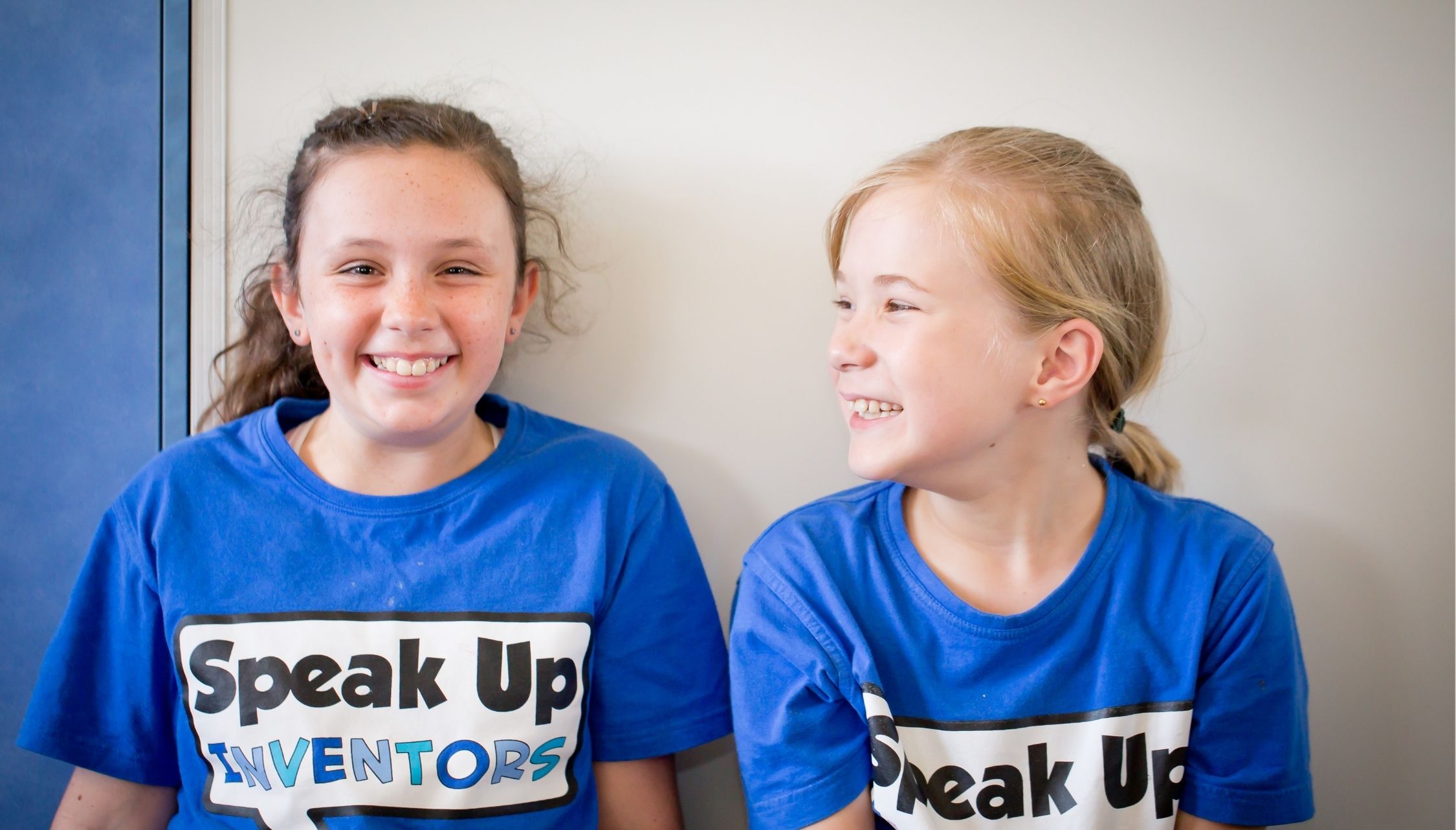
21 Jun Developing your child’s social independence
The *blissful early childhood and primary school years can seem like an unending period of our lives. It’s a time when our kids are still dependent on us for most things. But then all of a sudden, you are thinking about high school. How will they manage getting around on their own and looking after themselves in a variety of new ways?
Those “endless” kiddo years have slipped away and now you are making sure you are preparing them to be confident, independent and sensible young adults. Yikes!
In drama, we don’t expect confidence to appear immediately. It takes time. So don’t panic! Building sufficient social skills in your kids is also a progression. As they grow older they will face different challenges that require new confidence.
When life’s too busy
Kids are often involved in many after-school activities and have busy social lives, leaving them exhausted and whiny. It’s easy to fall into the trap of doing everything for them, rather than teaching them the skills they need to take care of themselves.
For me, I have realised now is the time to wake up and make sure my kids have the social skills they need to get through their teenage years.
How to track your child’s progress
It helps as a parent to be mindful of little milestones they can achieve as they grow up. We want to ensure we push them out of their comfort zone regularly in order for their confidence to grow. We are not making perfect humans overnight, but making sure they progress with their confidence and ability to communicate in unfamiliar situations.
So what milestone’s can you expect your child to achieve as they grow up? In this article, child psychologist Kimberley O’brien explains a good time to begin, “Between the ages of seven and eight, start to introduce the idea of kids picking up the change, or running into the shops to grab a loaf of bread.”

I have listed some more tasks below that you expect your kids to be able to achieve as their independence grows. These will of course vary depending on your family. You will need to decide what is safe and consider where you live and proximity to school, shops and friends.
Primary school aged kids can:
- Practise going into shops on their own. Ask for what they want and pay with actual “money” if that’s an option and check their change. They can then find their way back to you (you might find it easier at first to do this where you can see them the whole time.
- Go next door to ask for something or deliver home made treats. (Bonus points for doing something nice for your neighbour!)
- Get them to order their own food in restaurants or cafes, along with all the amendments they request on the menu item!
- Phone a friend’s parent and asking to speak to that friend. With fewer households having landlines this can become a forgotten skill.
As their confidence builds, push them out of their comfort zone a little more by trying things like:
- Travelling to school on their own (even if it is only part way).
- Walking into appointments on their own and speaking to the receptionist.
- Seeking assistance in shops.
- Asking a stranger for help, with directions for example.
Help them get started
If your child is hesitant, you can help them get started by:
- Giving them an example of a script to say.
- Practise conversation skills at home and at the dinner table.
- Remind them to use eye contact and a friendly smile.
- Show them how to be respectful and kind and thank people for their help.
- Tell them it is ok if it feels hard and uncomfortable the first time.
- Also, make yourself available to other kids and have a conversation, you might enjoy it more than you think.
With today’s concerns about child safety, if can be easy to overprotect our kids and fall into a habit of doing things for them. We might keep them with an adult at all times, not allowing that progression in their ability to deal with the world and unexpected events. Talking to them about risks and unplanned outcomes and how to deal with them, may help everyone feel more comfortable. But problem solving in the moment is also going to be a valuable life lesson.
*if not now, hopefully one day you will see it as such.
~ Amy
More reading, from the experts:

